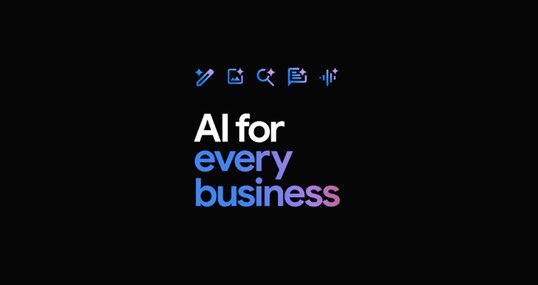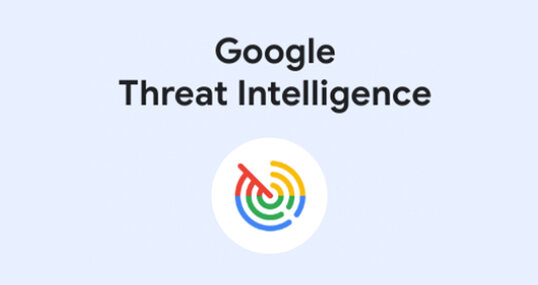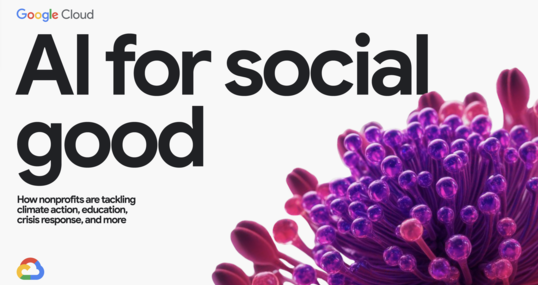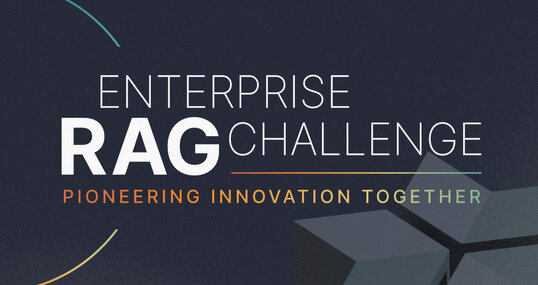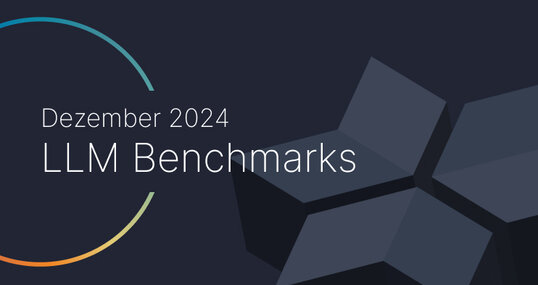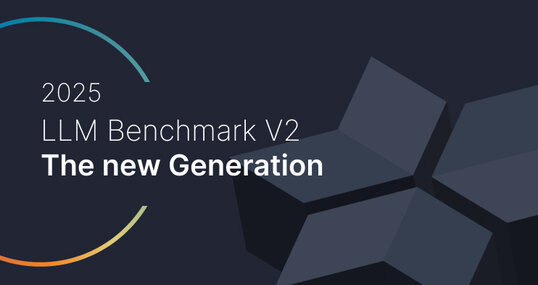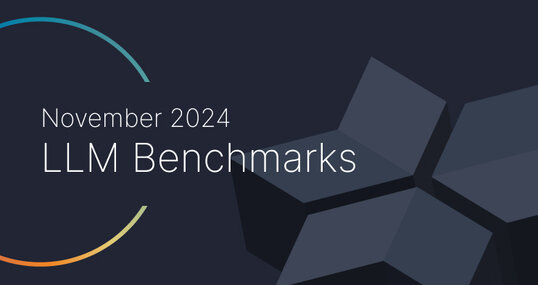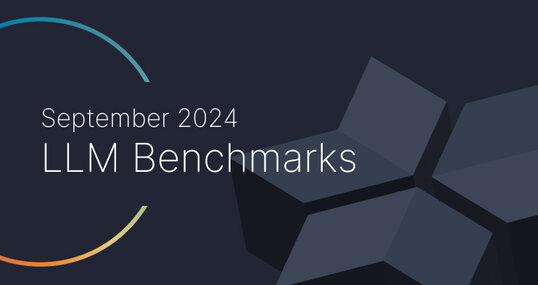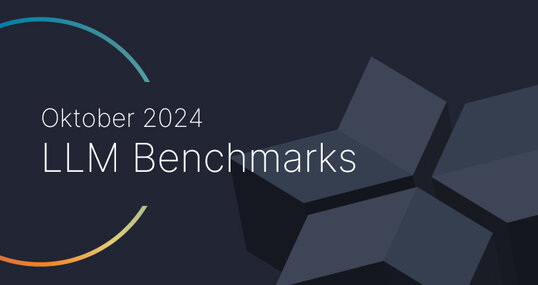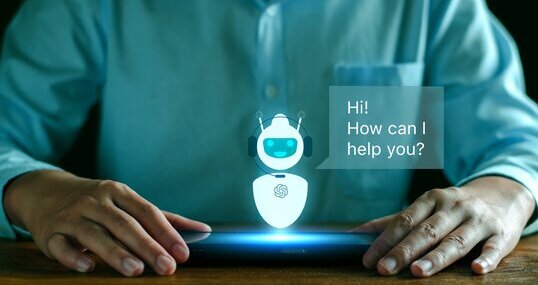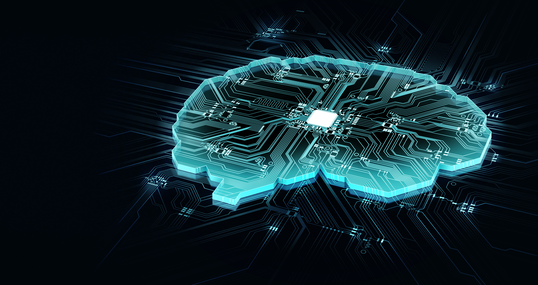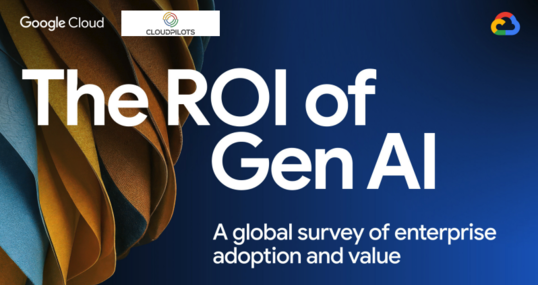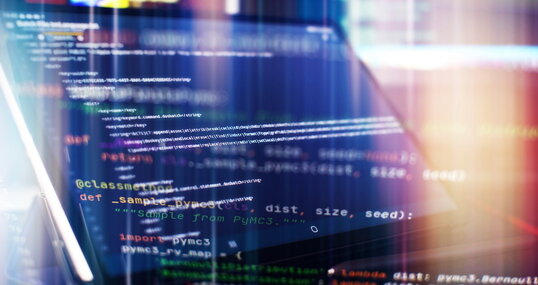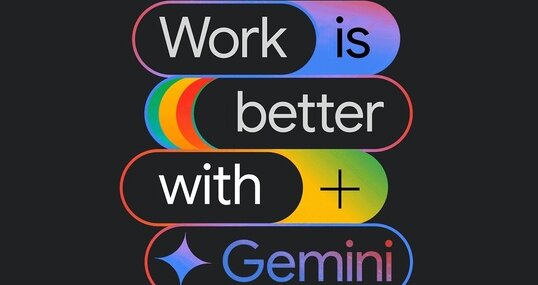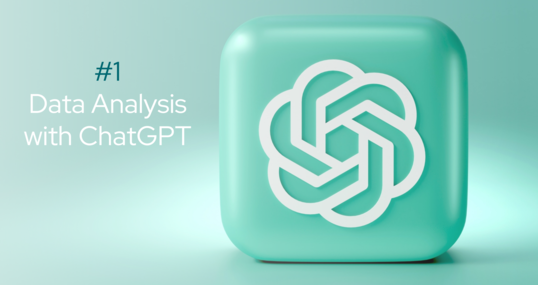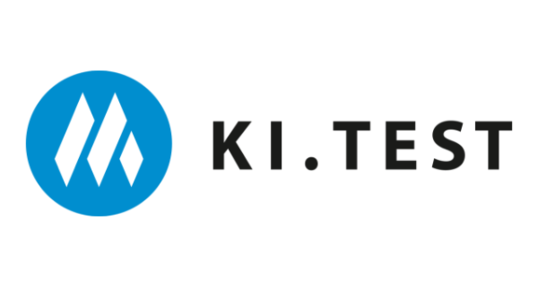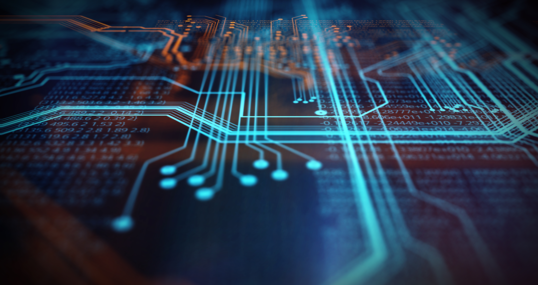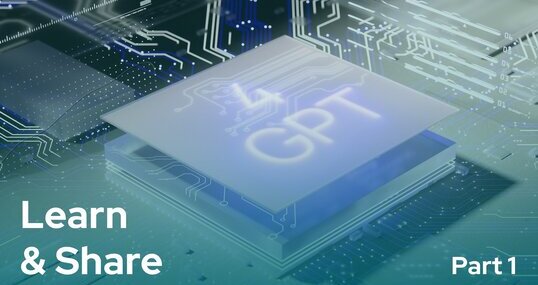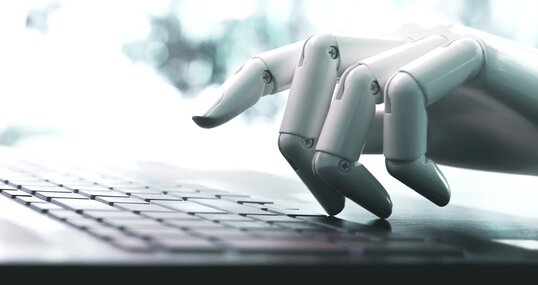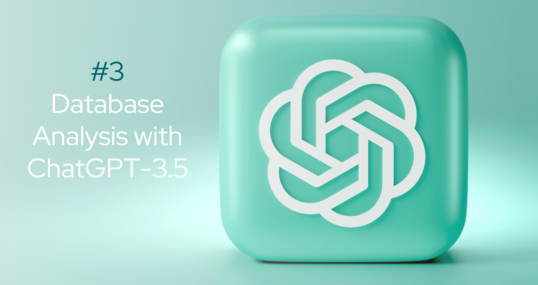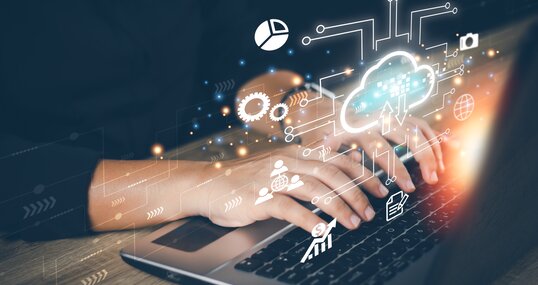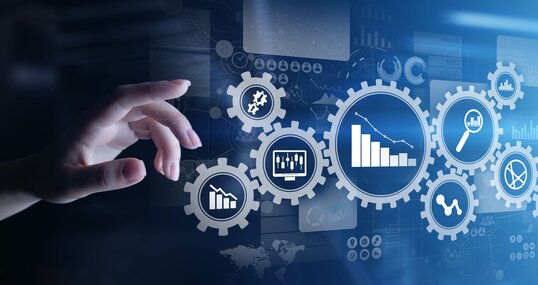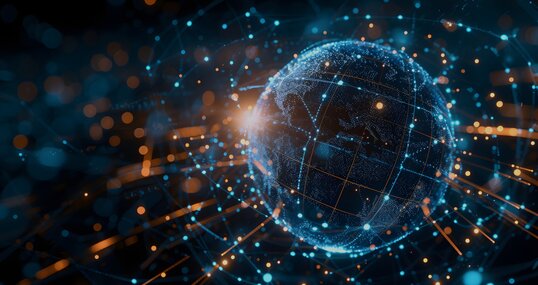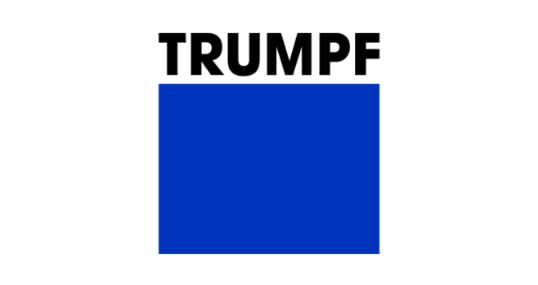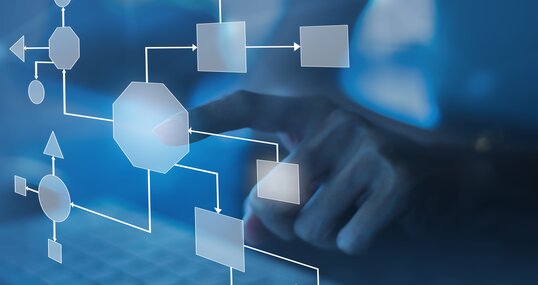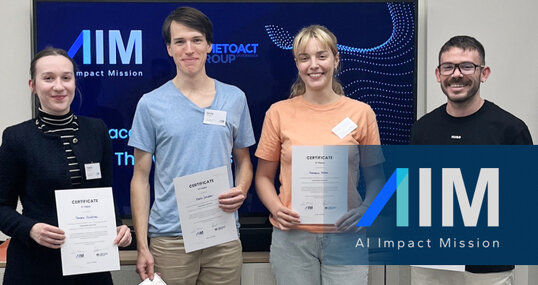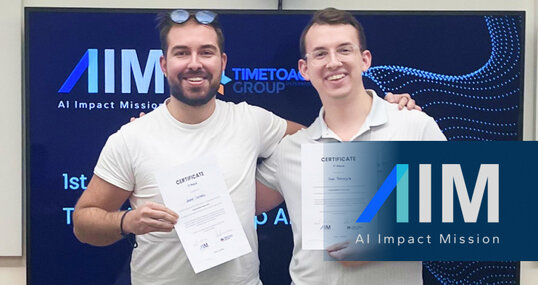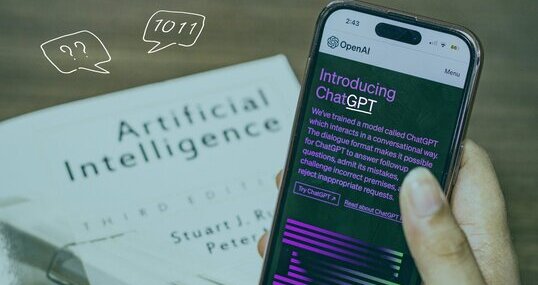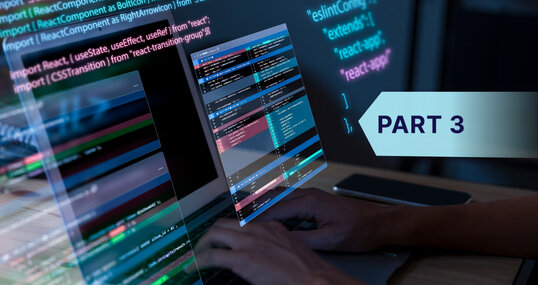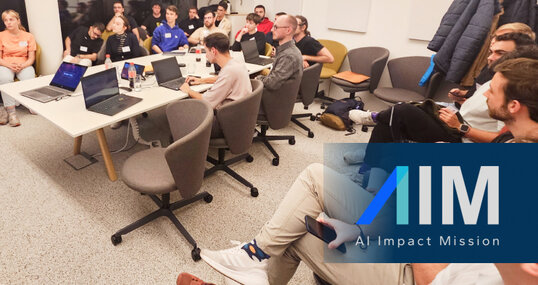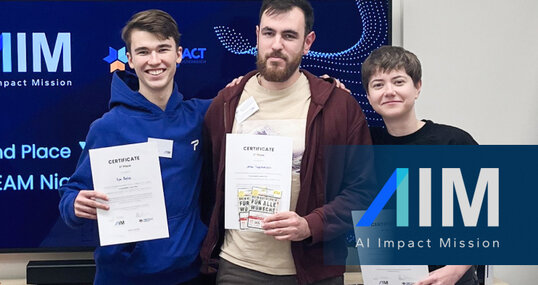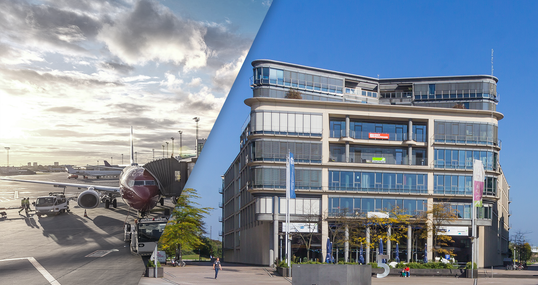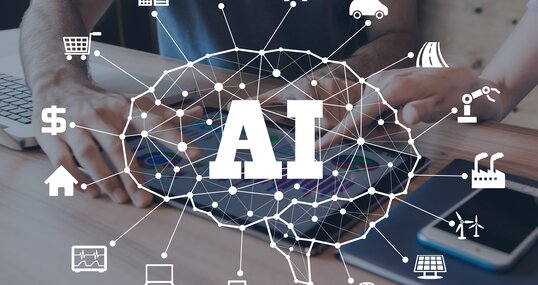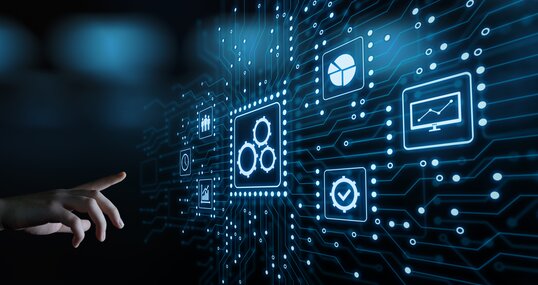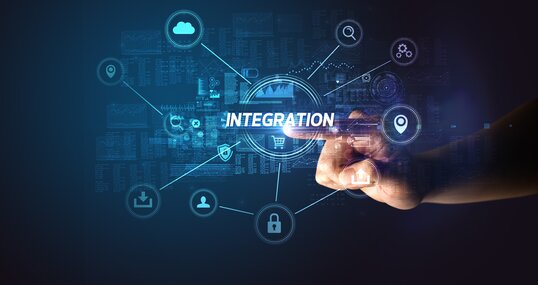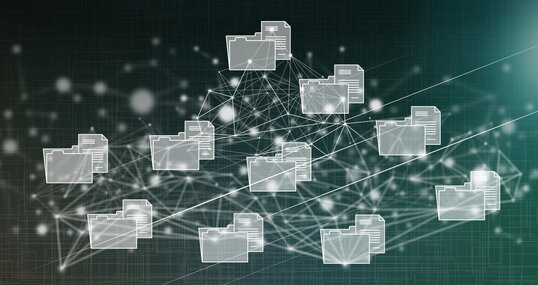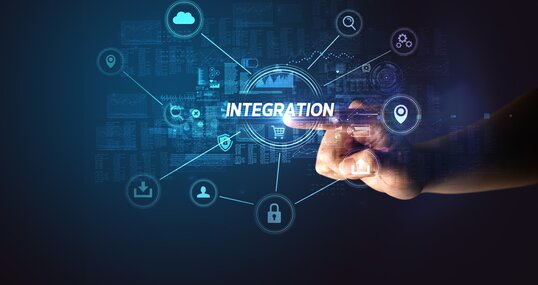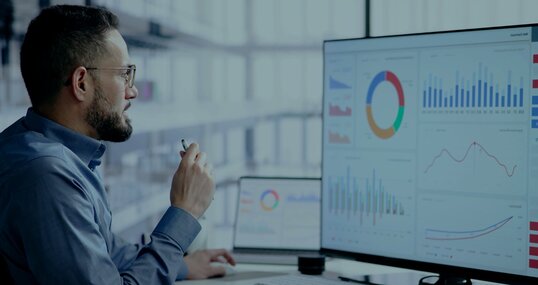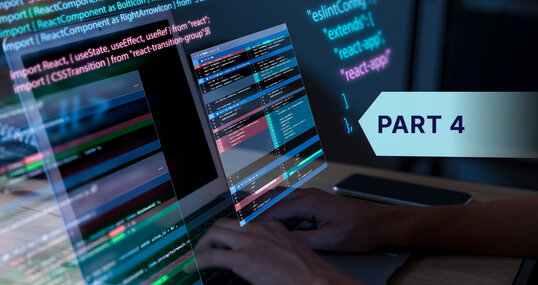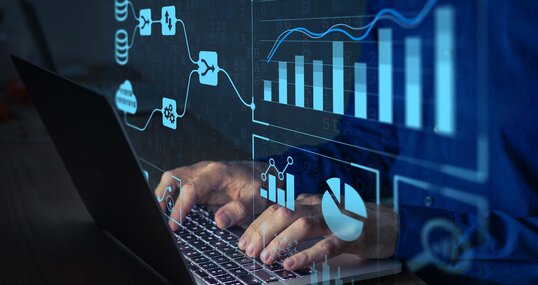Nonprofit Organizations Develop AI Models and Agents to Tackle Global Challenges — and Derive Lessons for Businesses Worldwide
There are many factors that play a role in crisis response — whether it’s emergency blankets, dedicated volunteers, distant donations, or scientific breakthroughs. Now, generative AI is ready to take its place in the emergency toolkit. As the world faces a growing number of challenges — wars, housing shortages, misinformation, climate change, and the increasing natural disasters, migration flows, and economic hurdles that many of these issues bring — humanity is once again turning to technology to find solutions.
The enthusiasm for using generative AI to address such crises is immense, and it’s remarkable how quickly this technology has shown a tangible impact not only in business but across all aspects of life — from the everyday to the extraordinary. A testament to this is the recent awarding of not one but two Nobel Prizes for work in AI. As Demis Hassabis, head of Google DeepMind and laureate, said: “I’ve dedicated my career to advancing AI because of its unparalleled potential to improve the lives of billions of people.”
Climate Change: A Global Problem with AI Solutions
Few issues affect as many people as climate change, which is sweeping across the globe. It is often cited as one of the areas where AI holds great promise for devising novel or unexpected solutions to what has so far seemed an unsolvable problem. At the same time, AI is proving its potential to address local challenges, such as disasters and migration patterns exacerbated by climatic events or the all-too-common displacement of people due to economic, political, or social factors.
These challenges may seem far removed from the business world, yet they exert regular pressure on it. As a host of nonprofit organizations and NGOs have begun leveraging AI to tackle global and local issues, their insights offer valuable lessons on how this emerging technology can also benefit companies and workforces.
New Frontiers in Sustainable Materials
To achieve the United Nations Sustainable Development Goals by 2030 and limit harmful temperature increases, global cooperation and innovative solutions are needed — though these often come with high economic costs. Here, generative AI could play a crucial role by providing quick access to critical information, optimizing resource use, and streamlining processes.
AI is also driving the transition to renewable energy sources like solar and wind. It facilitates the seamless integration of these sources into power grids, balancing supply and demand for a cleaner and more efficient energy system. In short, AI can help regulate resources and reduce waste — something the planet urgently needs.
One example is Materiom, a UK-based NGO building a database of bio-based materials to replace plastic and other non-renewable products. Materiom estimates that generative AI can accelerate the discovery of sustainable materials ninefold, enabling entrepreneurs to develop eco-friendly products faster and at a lower cost. Through the Google.org Accelerator program, Materiom developed an AI tool that allows anyone to create compostable, bio-based materials — benefiting industries like packaging, textiles, and construction.
Urgent Information for Urgent Situations
The United Nations estimates that as of June this year, over 120 million people worldwide have been displaced from their homes — roughly 1 in every 69 people. To support these individuals, the International Rescue Committee (IRC) nearly a decade ago launched Refugee.info, a service providing critical information to displaced persons in Greece during the Syrian war. In 2018, the platform evolved into Signpost, a digital platform assisting millions worldwide.
With support from the Google.org Accelerator, the IRC developed an AI-powered system that provides rapid and accurate information during crises. These AI chatbots operate in text and voice formats in multiple native languages, delivering life-saving information during natural disasters, armed conflicts, and other emergencies.
Insights in Seconds Instead of Weeks
In the fast-paced world of scientific and academic research, time and resources can make all the difference. High research costs — including personnel, infrastructure, materials, and software — can significantly slow progress. Generative AI offers a solution by automating the analysis of massive and complex datasets, uncovering patterns and correlations at remarkable speed.
The World Bank’s Development Research Program, DIME, part of the Google.org Accelerator, has developed an AI tool to extract critical insights from new and historical research literature. The goal is to provide policymakers and development researchers with efficient guidance to improve the outcomes of aid and loans.
By leveraging generative AI, we can tackle complex challenges and drive sustainable change both globally and locally — an approach that benefits not only nonprofit organizations but also businesses.
This blog post originally appeared on https://cloud.google.com/transform/gen-ai-crisis-response-sustainability-google-org-nonprofit-ai-incubator/?e=48754805


